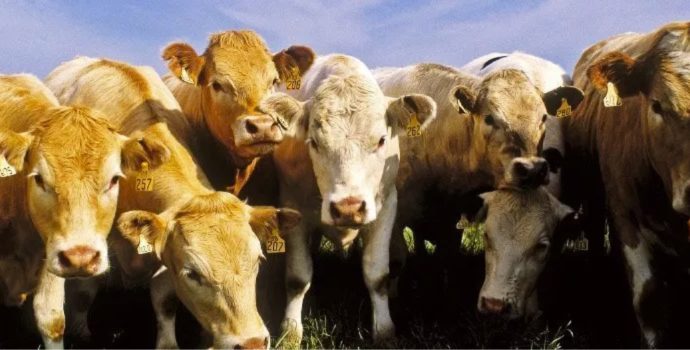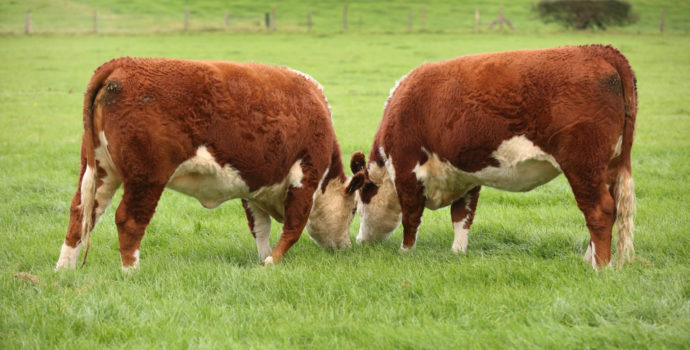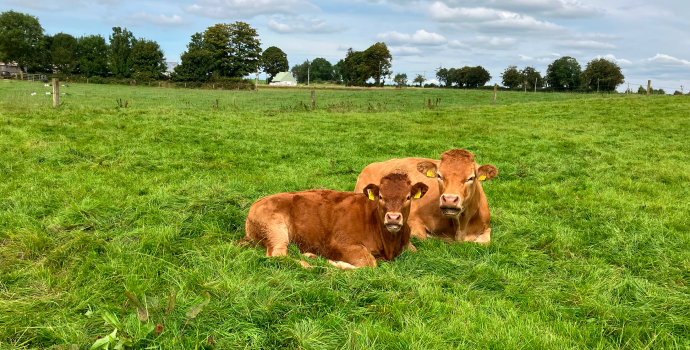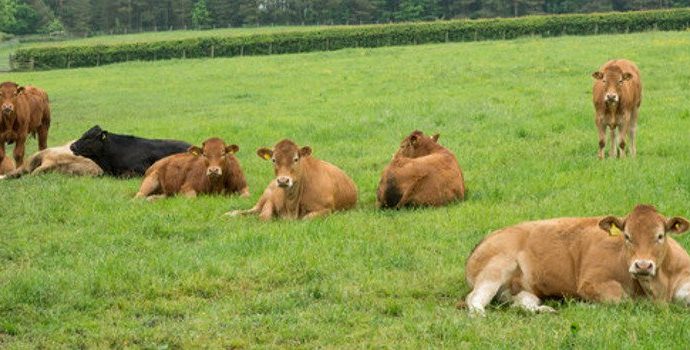Suckler Survival Needs Strong Government Support – IFA
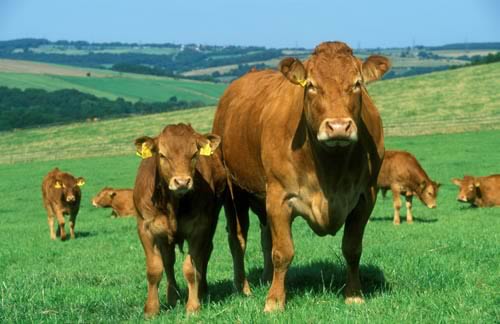
Addressing the Joint Oireachtas Committee on Agriculture today (Tues), IFA President Joe Healy said of the many challenges to the Irish beef sector and our specialised suckler cow sector – Brexit, CAP reform, Mercosur trade negotiations, prices below the cost of production – the biggest single issue is low farm incomes.
The latest Teagasc data for 2018 shows average farm income of only €10,175 for cattle rearing, down 19%. This is not sustainable and we need a much stronger and more supportive Government policy for the suckler cow sector.
As part of the IFA campaign to secure additional targeted direct payments of €200 per suckler cow, we retained the services of the eminent agricultural economist, Professor Thia Hennessey, Head of the Cork University Business School in University College Cork.
Professor Hennessy and her team undertook a full assessment and overview of the suckler beef sector and produced a comprehensive report in August 2018 entitled The Economic and Societal Importance of the Irish Suckler Beef Sector.
Among its findings are:
The beef sector accounts for over one-third of all agricultural output and over 20 percent or €2.6bn of our exports.
The suckler cow herd of 900,000 is distributed throughout the country, but particularly dominating in the West.
Suckler cows account for over 80% of cows in the West, with the figure in excess of 90% in some counties.
77,738 specialist cattle farms spend over €1.5bn annually on agri-inputs, most of which is spent in the local rural economy.
A €1m increase in the beef sector output would generate a further €2.11m in the wider economy and support an additional 16 jobs. The comparative figure for the agriculture sector more generally is €1.44m. Previous research has estimated that every €1 of direct payments to cattle farmers supports €4.28 of output in the wider economy.
Suckler farmers contribute to wider societal sustainability, particularly as they are often located in marginal or economically disadvantaged areas, where their presence is vital to the social fabric and cultural capital.
They produce public goods such as protection of the environment and biodiversity and the preservation of the landscape and unique features such as stonewalls and hedgerows all of which positively contribute to the image of rural Ireland and rural tourism.
IFA National Livestock Chairman Angus Woods said farmers need a much stronger and more supportive policy from Government for the suckler cow sector and we need to maintain our vitally important suckler cow herd.
In order to do this, we need a targeted direct payment of €200 per cow. We need a major price premium for suckler beef. We need a strong live export trade that will drive competition.

